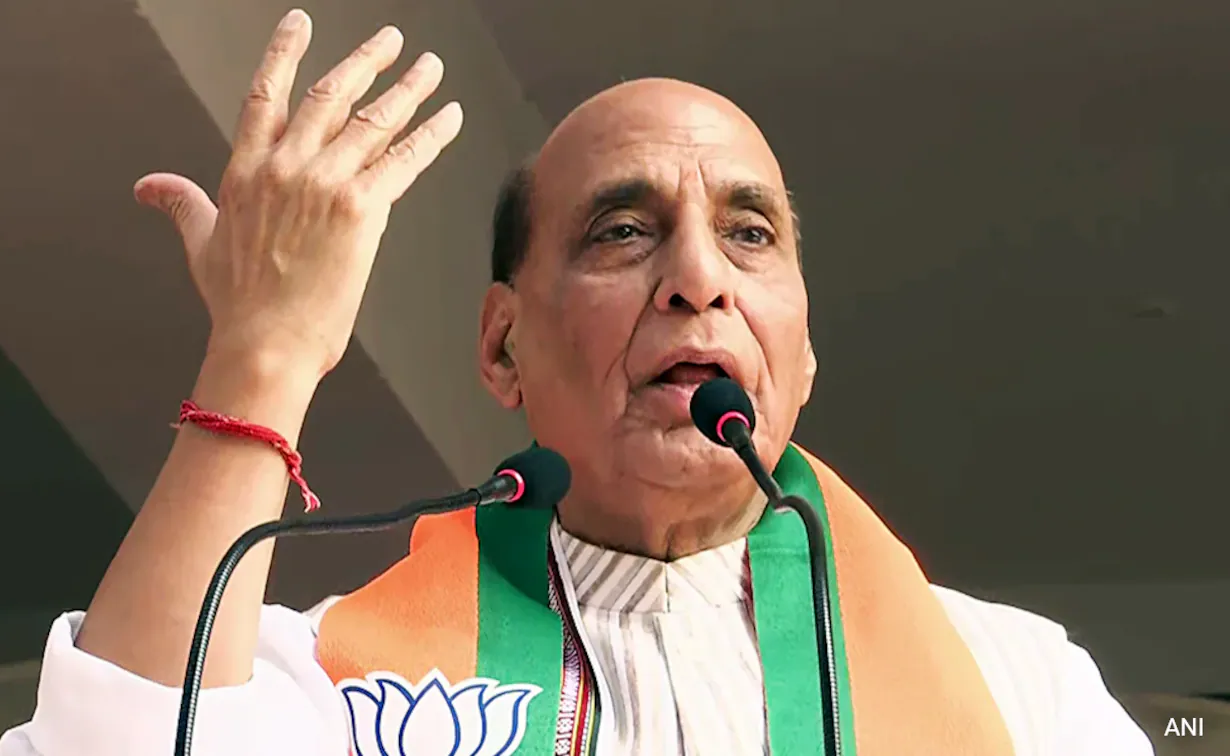Defence Minister Rajnath Singh raised concerns about the Congress party’s manifesto for the 2024 Lok Sabha elections, suggesting it indicates a preference for religion-based reservation if Congress is voted to power. During a public meeting in Visakhapatnam on Wednesday, Singh criticized Congress for potentially attempting to create divisions within the armed forces and other institutions based on religious lines.
Rajnath Singh’s remarks recalled the Sachar Committee Report of 2006, conducted during the Congress regime, which proposed a headcount of Muslims in the armed forces. Singh’s caution signals a broader warning against policies that could, in his view, undermine national unity and cohesion by injecting religious-based criteria into public institutions.
Supreme Court Affirms Election Commission’s Authority Over EVMs and VVPATs
In a separate development, the Supreme Court of India on Wednesday underscored that the Election Commission of India (ECI), as an independent constitutional authority, holds the responsibility for managing elections and that the Court cannot intervene based on suspicions or private reports challenging the efficacy of Electronic Voting Machines (EVMs) and Voter Verified Paper Audit Trails (VVPATs). A bench of justices Sanjiv Khanna and Dipankar Datta noted that if petitioners questioning EVMs were “already prejudiced,” there’s little the Court could do.
The bench’s comments addressed a petition that called for 100% cross-verification of votes cast on EVMs with VVPATs, or even a return to the traditional ballot paper system. The Supreme Court’s emphasis on the ECI’s role reinforces the existing process for managing elections in India, indicating that doubts about EVMs must have solid evidence to be actionable.
Lara Dutta Shares Thoughts on PM Modi’s Controversial Comments
In another notable news event, actress Lara Dutta shared her perspective on India’s political climate, particularly Prime Minister Narendra Modi’s recent comments on Muslims during a rally in Rajasthan, which have been the subject of widespread discussion and debate. During a new interview with Zoom, Dutta’s remarks offer a glimpse into how public figures and entertainers view the political discourse in India.
These developments reflect the multifaceted political and legal landscape in India, encompassing party policies, the judiciary’s stance on electoral issues, and cultural figures’ engagement with current events.






